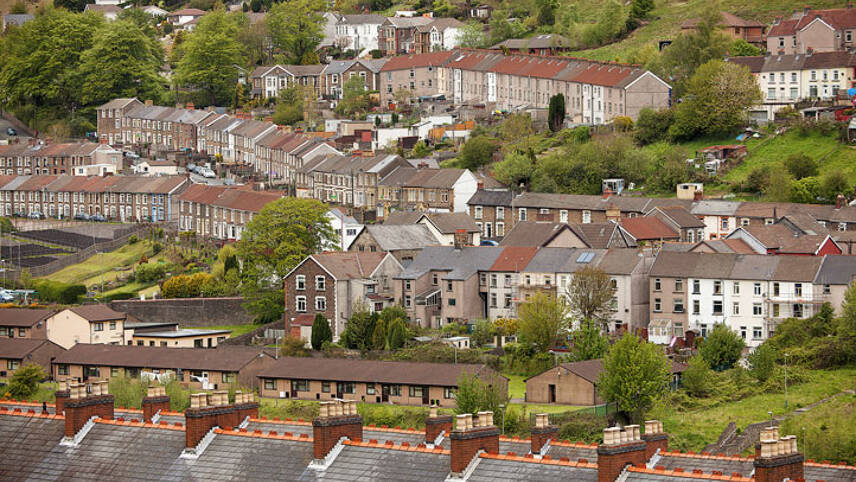Register for free and continue reading
Join our growing army of changemakers and get unlimited access to our premium content

Just 41% of homes in England are rated EPC 'C' or higher
The Great British Insulation Scheme will provide grant funding to homes in England, Scotland and Wales with an Energy Performance Certificate (EPC) rating of D or lower. The UK Government is notably aiming for all homes to have EPC ratings of C or higher by 2035.
Households in lower council tax bands will be targeted in the first instance, in a bid to reach those who are struggling most amid the ongoing energy price crisis.
Homes applying for a share of the funding may receive grants to support with the installation of roof, loft or cavity wall extension.
The Government has launched a new online ‘checker’ tool so that households can determine which kinds of energy efficiency solutions are the best fit for their property.
It is hoped that the Great British Insulation Scheme will reach more than 300,000 homes.
Energy Security and Net-Zero Secretary Claire Coutinho said the Scheme “will help hundreds of thousands of people, including some of the most vulnerable in society, get the upgrades their homes need, while cutting their energy bills.”
A spokesperson for the Department for Energy Security and Net-Zero confirmed that the Scheme will run through to March 2026.
There will be no cap on the amount of money each household can receive.
Cost crisis, climate crisis
The UK Government is not planning to run the Energy Bill Support Scheme, which gave every home a £400 discount on their energy bills last winter, this coming season.
With that in mind, and with the UK’s building stock not decarbonising at the pace needed in line with national binding climate targets, Ministers have been pressed this year to bring forward a nationwide home retrofit scheme.
The Conservative party notably committed more than £9bn to energy efficiency improvements this Parliament in its 2019 manifesto.
It has provided swathes of funding to public sector buildings, social housing, energy-intensive businesses and off-grid homes. But attempts to reach a broader range of homes have faced major challenges.
When current Prime Minister Rishi Sunak was Chancellor during Boris Johnson’s premiership, the Government set aside £2bn for a retrofit programme known as the Green Homes Grant scheme.
The scheme was a failure and closed with the majority of its funding unspent. A National Audit Office report concluded that the timetable was too ambitious; there were simply not enough trained installers in place to deliver the kinds of works that would meet the scheme’s requirements. Sunak was one of several architects of the Green Homes Grant.
Commenting on the gap between the closure of the Green Homes Grant and the launch of the Great British Insulation Scheme, the Energy and Climate Intelligence Unit’s (ECIU) head of analysis Dr Simon Cran-McGreehin said: “Doing the basics of fitting insulation to homes is vital if we’re to bring down energy bills, cut the need to import gas and head towards energy independence. But with insulation rates at an all-time low thanks to cuts to government programmes for less well-off homes and months of delays to the launch of this scheme, it may be cold comfort for households facing another worrying winter.”


For simple loft insulation projects, it’s more cost effective to ignore the grant and do the work yourself, if you can. The first thing that contractors ask when you are obtaining quotes is “Are you applying for a grant?” It’s very clear they hike the price if you are. I insulated my loft with 20cm of natural sheep’s wool insulation for 40% of the cheapest (and lower specification materials) contractors quote, Caveat Emptor.